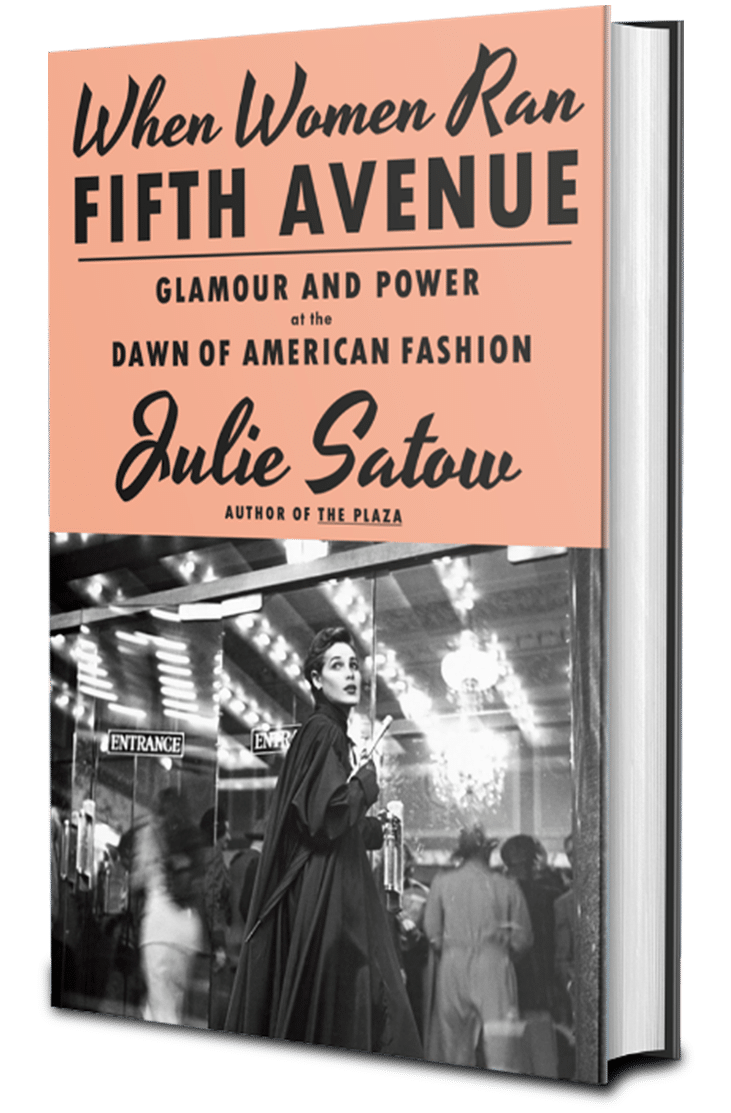Do You Remember Kaufmann’s?

Kaufmann’s is featured in When Women Ran Fifth Avenue, a new book that delves into the dramatic history of the department store.
Kaufmann’s was founded in 1871 in Pittsburgh by two German-Jewish immigrant brothers, Jacob, and Isaac Kaufmann. The store began life as a small dry goods outpost, as most department stores were at the time, but the business flourished, and Kaufmann’s became one of the first buildings in Pittsburgh to boast electrical lights and a hydraulic elevator.


In 1885, Kaufmann’s moved into a new flagship location, a block-long building, known as the “Grand Depot,” and later, “The Big Store.” Among its details was a tower topped by a statue of the Goddess of Liberty holding a flaming torch, which was lit by natural gas. Later, a giant bronze electric clock was built into the store’s façade and became a popular meeting place in town.
Before Kaufmann’s, most stores didn’t have set prices, and instead, customers were forced to haggle to purchase merchandise. Kaufmann’s, however, printed the price of goods on cards that were set next to each item. The store’s business model was “fair dealings, one price to all,” and “good merchants make small profits and many sales.”
In 1920, Edgar J. Kaufmann, a son of one of the original founders, took over at the age of 25. A graduate of Yale, Edgar worked at Marshall Fields in Chicago, as well as Galleries Lafayette in Paris before taking over his family’s business. Known as the “Merchant Prince,” Edgar boasted an office designed by the famous architect Frank Lloyd Wright. He also purchased Fallingwater, the renowned home designed by Wright, to use as his weekend estate.
Kaufmann's Over the Years
Beginning in the 1950s, Kaufmann’s expanded and opened several branch locations. The chain was eventually acquired by Macy’s, and its flagship Pittsburgh store was rebranded. Over the years, its business lagged, losing market share to discount stores and competitors. In 2015, it closed its doors for good.

When Women Ran Fifth Avenue
GLAMOUR and POWER at the DAWN of AMERICAN FASHION
A glittering, glamorous portrait of the golden age of American department stores and of three visionary women who led them, from the award-winning author of The Plaza.
